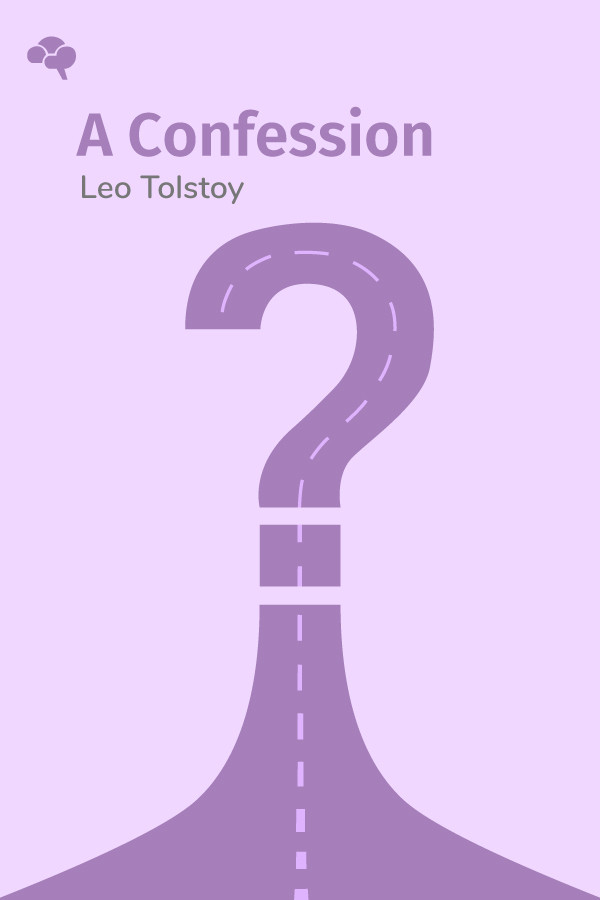Leo Tolstoy
Count Lev Nikolayevich Tolstoy (/ˈtoʊlstɔɪ, ˈtɒl-/; Russian: Лев Николаевич Толстой, IPA: [ˈlʲef nʲɪkɐˈla(j)ɪvʲɪtɕ tɐlˈstoj]); 9 September [O.S. 28 August] 1828 – 20 November [O.S. 7 November] 1910), usually referred to in English as Leo Tolstoy, was a Russian writer who is regarded as one of the greatest authors of all time. He received nominations for the Nobel Prize in Literature every year from 1902 to 1906 and for the Nobel Peace Prize in 1901, 1902, and 1909; the fact that he never won is a major controversy.
Born to an aristocratic Russian family in 1828, Tolstoy's notable works include the novels War and Peace (1869) and Anna Karenina (1878), often cited as pinnacles of realist fiction. He first achieved literary acclaim in his twenties with his semi-autobiographical trilogy, Childhood, Boyhood, and Youth (1852–1856), and Sevastopol Sketches (1855), based upon his experiences in the Crimean War. His fiction includes dozens of short stories and several novellas such as The Death of Ivan Ilyich (1886), Family Happiness (1859), "After the Ball" (1911), and Hadji Murad (1912). He also wrote plays and numerous philosophical essays.
In the 1870s, Tolstoy experienced a profound moral crisis, followed by what he regarded as an equally profound spiritual awakening, as outlined in his non-fiction work A Confession (1882). His literal interpretation of the ethical teachings of Jesus, centering on the Sermon on the Mount, caused him to become a fervent Christian anarchist and pacifist. His ideas on nonviolent resistance, expressed in such works as The Kingdom of God Is Within You (1894), had a profound impact on such pivotal 20th-century figures as Mahatma Gandhi and Martin Luther King Jr. He also became a dedicated advocate of Georgism, the economic philosophy of Henry George, which he incorporated into his writing, particularly Resurrection (1899).
A Confession
At the age of 51, even after the publication of his most seminal novels, War and Peace and Anna Karenina, Leo Tolstoy (1828-1910) still considered his life a meaningless failure. Here was one of the most celebrated novelists in history, who had ascended to literary and artistic heights few others have attained, and yet a crisis of meaning plagued him. His inner anguish drove him into a sparring match with faith and doubt and reason, and to question what relationship—if any—exists between people and God. In his Confession, Tolstoy describes his upbringing, his spiral into nihilism and despair, and the epiphanies that brought him back from the abyss.
Bio information sourced from Wikipedia

